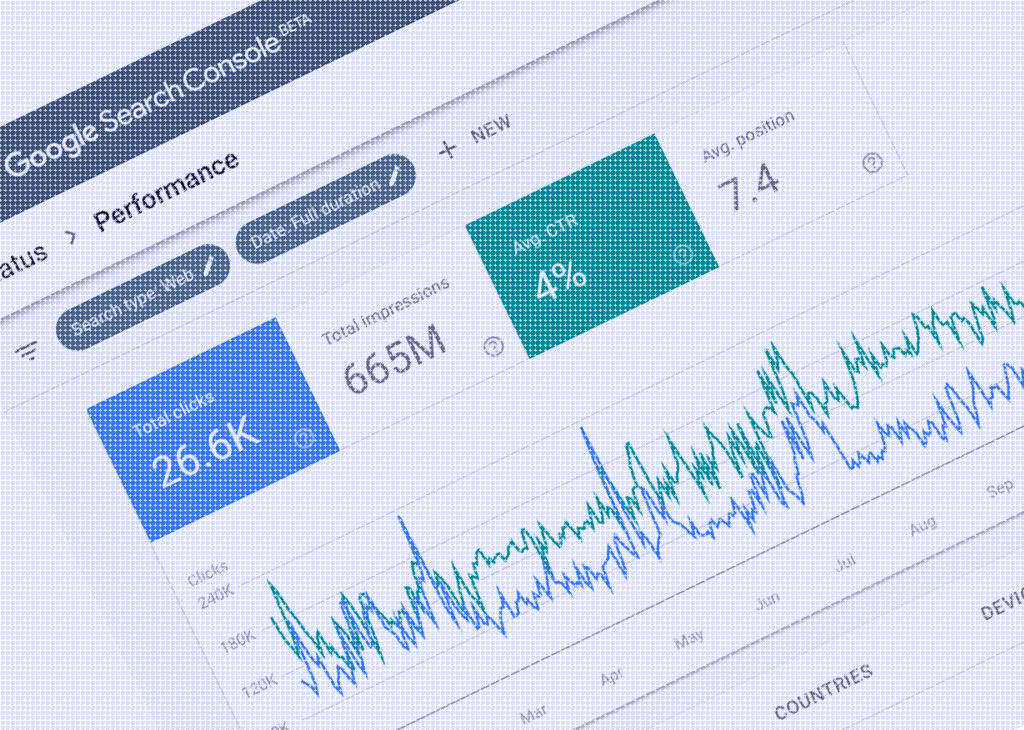What the Heck is Google Search Console and How Do I Use It?

For your business, the Alphabet company has many tools, especially when marketing your company on – let’s face it – the only important search engine. Making sure your business is present on Google Maps with your Business Listing, monitoring Google Reviews, tracking website traffic with Google Analytics, and even spending money on Google Ads to increase revenue – all are no-brainers. But one, Google Search Console, is often overlooked by businesses and marketers alike. Learn what it is and how to use it to help your business.
The 3 Things to Understand About Google Search Console
Like with all things Google, Search Console has undergone overhauls for better UIs and friendlier mobile use. And also like all things Google, the top layer of information hides a lot more underneath. Here are the three things to know before you get started.
Google Analytics vs. Google Search
Google Analytics is designed to monitor your website, telling you where your users are coming from (including Google Search) and what they do on your website. Search Console only focuses on the traffic from Google Search, but it tells you the “how” as opposed to Google Analytics’ “where.” If you have to pick one, you should definitely have your website set up for Google Analytics first. But once you’ve learned how to use that, Google Search can tell you more about how people find you when Googling.
Understanding Metrics: Clicks and Queries
When you start up Search Console for the first time (more info on getting started below), you’ll probably first be drawn to the “Performance” metrics that track website traffic from Google Search to you. Here’s where the data starts coming in heavy, so start by focusing on these two metrics.
- Clicks: Clicks are a familiar metric, and here they’ll help you figure out your organic (search-driven traffic). Derived metrics include impressions (how often you appeared in searches), Click Through Rate (CTR, or how often an impression turned into a click), and other metrics like your average position in Google Search.
- Queries: The other useful information Google provides is queries, or what people typed into Google Search that made your search results appear. Note that these are different from Keywords: queries contain keywords, and can sometimes contain multiple sets that you have optimized on your website.
Understanding What Google Search Console Is Not
Like with any Google product, Google Search Console doesn’t provide complete clarity on your position or keywords and doesn’t provide much insight into your competition. Some of this is certainly by design, wanting to avoid abuses of the Search Console or revealing data about other websites, but part of it is the nature of Google Search itself, which becomes a more inscrutable monolith each year as the algorithms that govern it change. If you are looking for a crystal ball, the Search Console Insights (currently in Beta) is an excellent place to start.
Getting Started with Google Search Console
If this is the first time hearing about Google Search Console, don’t worry. It’s pretty easy to get started. What you’re going to need is a Google Account you want to link to Google Console and access to your website’s hosting information for verification. To avoid wasting time, let me link directly to Google who has helpfully updated their support with the 2018 overhaul to Google Search.
Here at Vision Advertising, we believe that the best marketing requires a holistic understanding of your business and its current place on the internet, bringing together analytics with business strategy and coaching. Only after that can a marketing plan be made that isn’t just seeing what sticks. If you’d like to learn more, reach out and contact us to get started.
